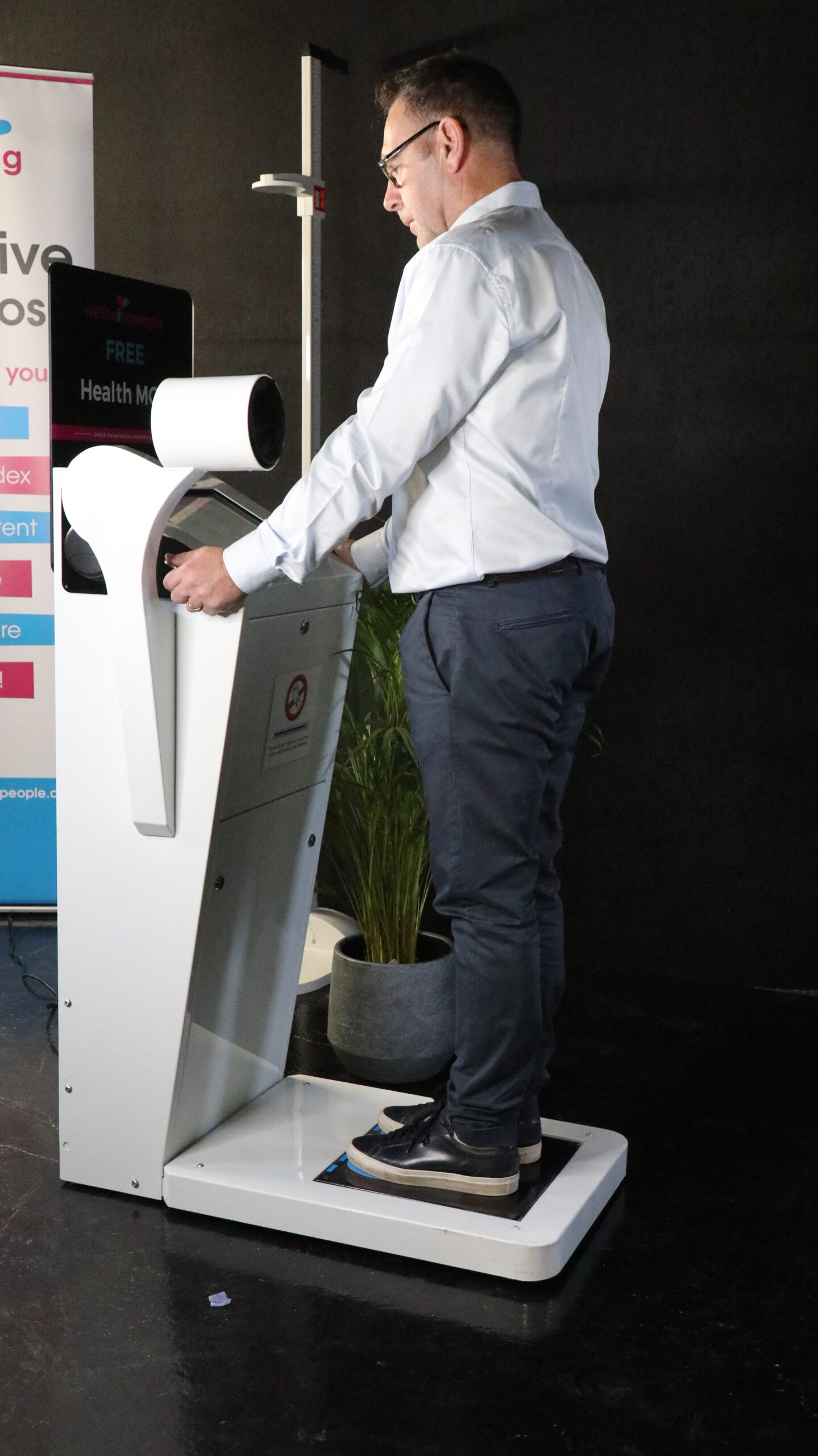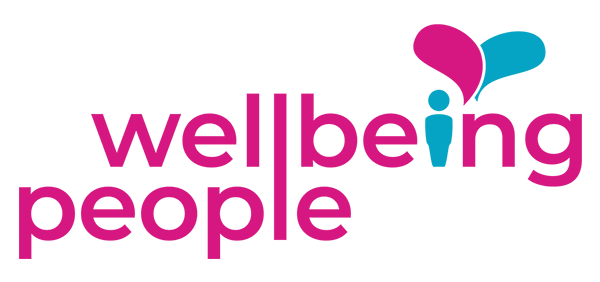Men's mental health is a topic that remains underserved in many workplace wellbeing strategies. Despite comprising nearly half of the global workforce, men are statistically less likely to seek help or speak openly about their mental health challenges. This silence often stems from societal expectations that discourage emotional expression and vulnerability. In industries such as construction, manufacturing, and logistics, these pressures can be even more pronounced.
The Role of the Workplace in Supporting Men’s Mental Health
For HR Professionals, Health and Safety Managers, and Wellbeing Ambassadors, addressing men's mental health is not just a moral imperative, it's a business-critical priority. Poor mental health contributes to absenteeism, reduced productivity, and increased staff turnover. Understanding the barriers men face and providing them with safe, practical ways to engage with their wellbeing is essential.
Workplaces are uniquely positioned to change the narrative around men's mental health. By creating a culture that encourages openness and making health and wellbeing resources readily accessible, employers can play a pivotal role in early intervention and ongoing support.
In a recent study, 34% of employed men indicated they would be embarrassed or ashamed to take time off work for mental health concerns like anxiety or depression, compared to 13% for a physical injury. Among men with mental health concerns, this figure rose to 46% [1]
Yet, traditional mental health campaigns and employee assistance programmes (EAPs) often fail to engage men effectively. Many men perceive these programmes as too clinical or intimidating. They may prefer self-directed, private, and data-driven tools that respect their autonomy and allow them to reflect on their health in a non-judgemental environment.
introducing the interactive health kiosk: a practical engagement tool
To bridge this engagement gap, our Interactive Health Kiosk offers a fresh, accessible way for men to take control of their personal wellbeing. Placed in communal spaces such as staff rooms, break areas, or onsite wellness hubs, the Health Kiosk serves as a confidential, self-service platform for a quick health check (Health MOT)
Users can receive instant feedback on key health indicators such as blood pressure, weight, and body mass index (BMI), which can be early indicators of physical and mental health concerns. Importantly, the process is entirely private, allowing users to interact with the Health Kiosk without fear of judgement.
One of the Health Kiosk's most engaging features is its Lifestyle Questionnaire. This interactive tool prompts users to reflect on their daily habits and routines, such as sleep, diet, alcohol use, and physical activity, and provides personalised insights into how these behaviours may be affecting their overall health and happiness. For many men, this serves as an eye-opening starting point for change.

Why men's mental health Matters for businesses
Encouraging men to take proactive steps toward mental and physical health and wellbeing can often feel like an uphill battle. However, the Interactive Health Kiosk makes that first step easier by removing common barriers to engagement. Because it doesn’t require users to disclose anything to another person, the Health Kiosk appeals to those who might otherwise resist traditional interventions.
The Interactive Health Kiosk provides valuable anonymised data that can inform broader workplace wellbeing strategies. It helps employers identify common health trends, tailor future initiatives, and measure the impact of current programmes, all without compromising individual privacy.
While innovative tools like the Interactive Health Kiosk are valuable, cultivating a culture of openness remains just as crucial. Employers can take meaningful steps by normalising conversations around mental health, encouraging peer-to-peer dialogue, highlighting real stories from male employees who have sought help, and equipping managers with the skills to recognise and respond to signs of mental distress.
Building a Male-Inclusive Mental Health Strategy
A successful mental health strategy should be inclusive, practical, and tailored to the specific needs of your workforce. For male employees, this means:
men's mental health - Take Action, Make a Difference
Men's mental health can no longer be a quiet topic in workplace wellbeing conversations. For those responsible for health and safety or human resources, the opportunity to make a lasting impact has never been greater.
With digital tools designed to support wellbeing, supporting men's mental health becomes more than a policy, it becomes part of your culture. By offering non-judgemental, practical starting points for self-reflection and lifestyle improvement, you empower men to take control of their wellbeing on their own terms.
Together, we can shift the workplace culture from silence to support
References and further reading
